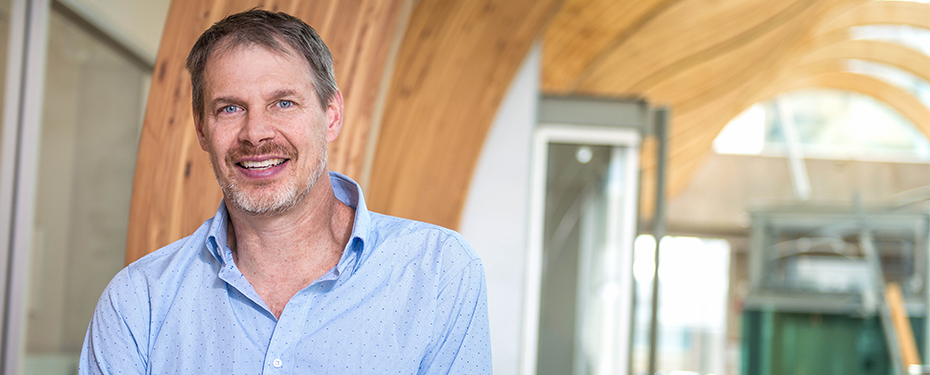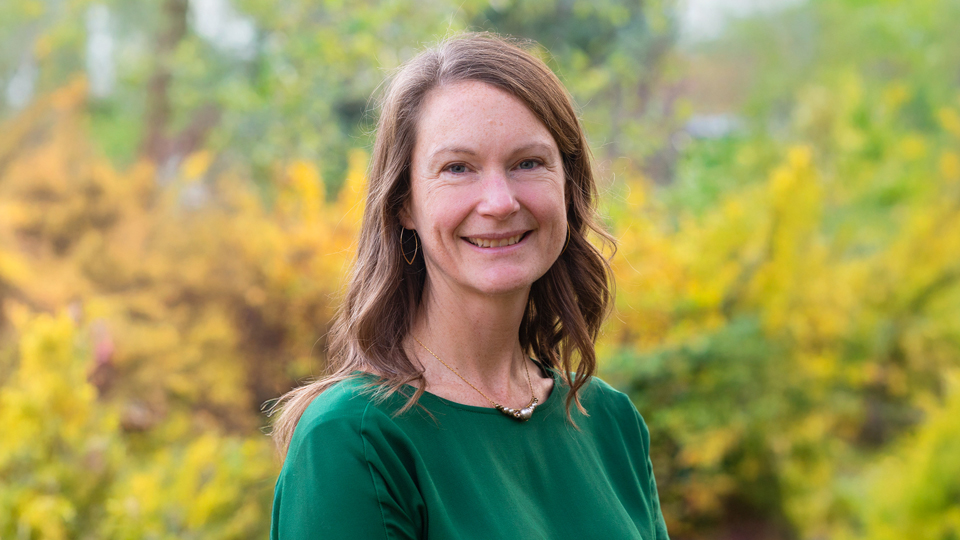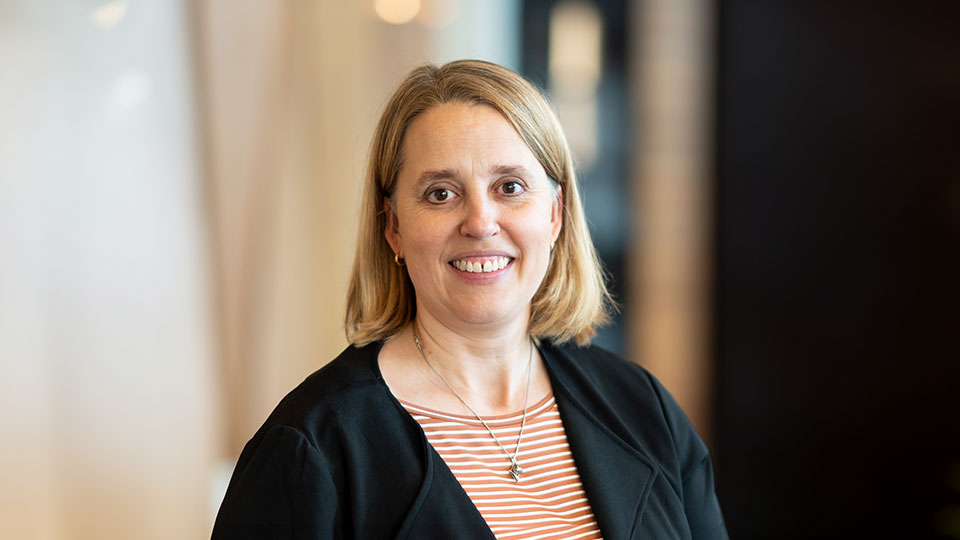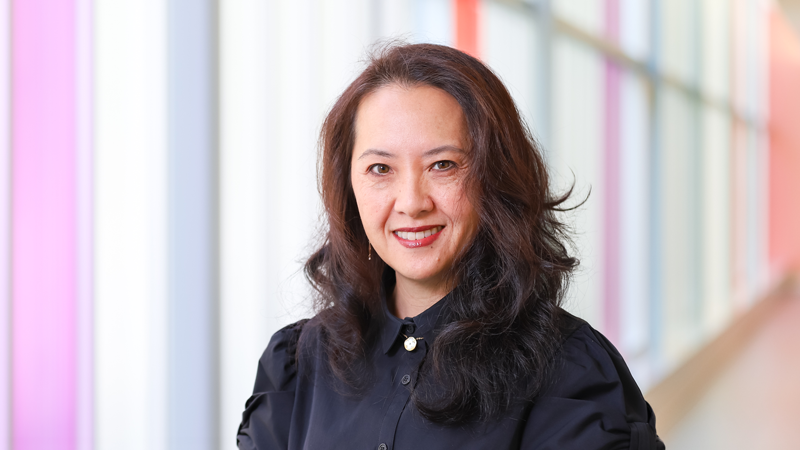
A pioneer in the field of stem cell bioengineering, Dr. Peter Zandstra is the Founding Director of UBC’s School of Biomedical Engineering and Director of the Michael Smith Laboratories.
Joining UBC in 2017 marked a return to campus for Dr. Zandstra, a graduate of the Department of Chemical & Biological Engineering.
Today, he is helping to build UBC’s capacity in one of the fastest-growing fields of study in North America, fostering innovations in interdisciplinary education, research and entrepreneurship, and strengthening the university’s ties to B.C.’s vibrant life science and technology research communities.
Who inspires you and why?
I have always been inspired by my father. He was not only a scientist and leader in his own right, but deeply believed in making the world a better place — keeping society at the forefront of his mind in everything he did. This is something I admired about him and something that I try to emulate in my own life.
As the Founding Director of the School of Biomedical Engineering, what is your vision for the School and — more broadly — your hope for the future of this growing field?
As a collaboration between the Faculties of Medicine and Applied Science, the School of Biomedical Engineering represents an important innovation hub for the university. It’s a place where we can bring together UBC’s strengths in medicine and engineering, where faculty members and researchers can develop new and emerging technologies, and where we can create new solutions to health care challenges being faced here at home and around the world.
And of course a primary focus of the School is training the biotechnology leaders of tomorrow. It’s these people who will go on to become scientists, technologists and entrepreneurs who will lead companies or research groups that will ultimately develop new health therapies and preventative technologies. This fall, I’m very excited about welcoming the School’s first cohort of undergraduate students.
When it comes to the field of biomedical engineering as a whole — it is evolving very quickly and I see great potential for the industry to directly impact society in a significant way. Biomedical engineering is starting to be the place people look to for not only new health technologies, but also where new fundamental biological discoveries are made — discovery enabled by technology. Whether it’s engineered cells that fight cancer, or devices, like artificial retinas that integrate with the brain to mimic sight, we’re going to continue seeing the emergence of impactful and increasingly accessible health solutions. These technologies are no longer something of the future, they are here, right now. It’s an incredibly exciting time to be part of this dynamic and growing field.
For you, what makes UBC different?
Above all else, UBC has an exciting and supportive culture of collaboration and innovation that allows new initiatives to take hold quickly. The School of Biomedical Engineering is just one example of how UBC can move quickly to make a big impact.
Within the Faculty of Medicine, there are a number of great strengths that set it apart: a medical school that spans the province; leading researchers in a number of areas, including regenerative medicine; and state-of-the-art research centres and institutes. Together, these factors will help ensure the ongoing success of the School of Biomedical Engineering.
How do you like to recharge?
I love to recharge by getting out and doing activities like tennis or rowing. Sometimes I will start my morning with a row at the Jericho Sailing Club. When I’m out on the water, I’m able to take the time and really process and appreciate everything; it’s often where my best new ideas emerge.
Best piece of advice
Take time to listen and learn from other people’s experiences and perspectives. This advice has been particularly important for me recently. Since coming on board, I have dedicated my time getting to know new people, hearing their perspectives and interests, and thinking about how to incorporate their voices into the School’s strategy.
First job
My first job was stringing tennis rackets. I even had a little business where I bought a racket stringer and strung rackets in my wood-paneled basement. After that, I got a job working at a sporting goods store – much more social.
Secret talent
Fly-fishing? I would love to use it more.
Favourite spot in B.C
I have always enjoyed Tofino and I go back there often. For me, anywhere near or on the ocean or the water is pretty special.
Published: August 2018


